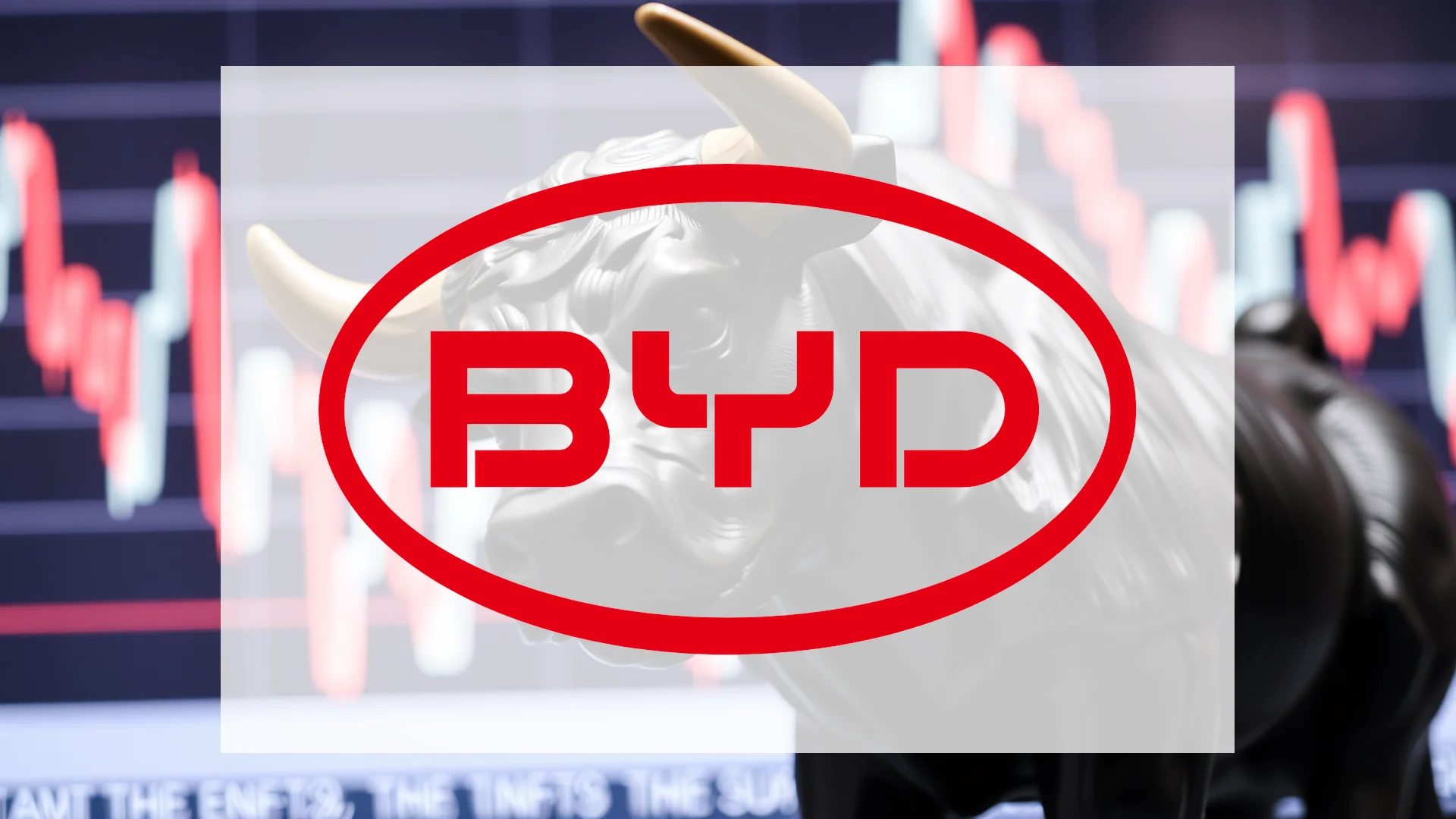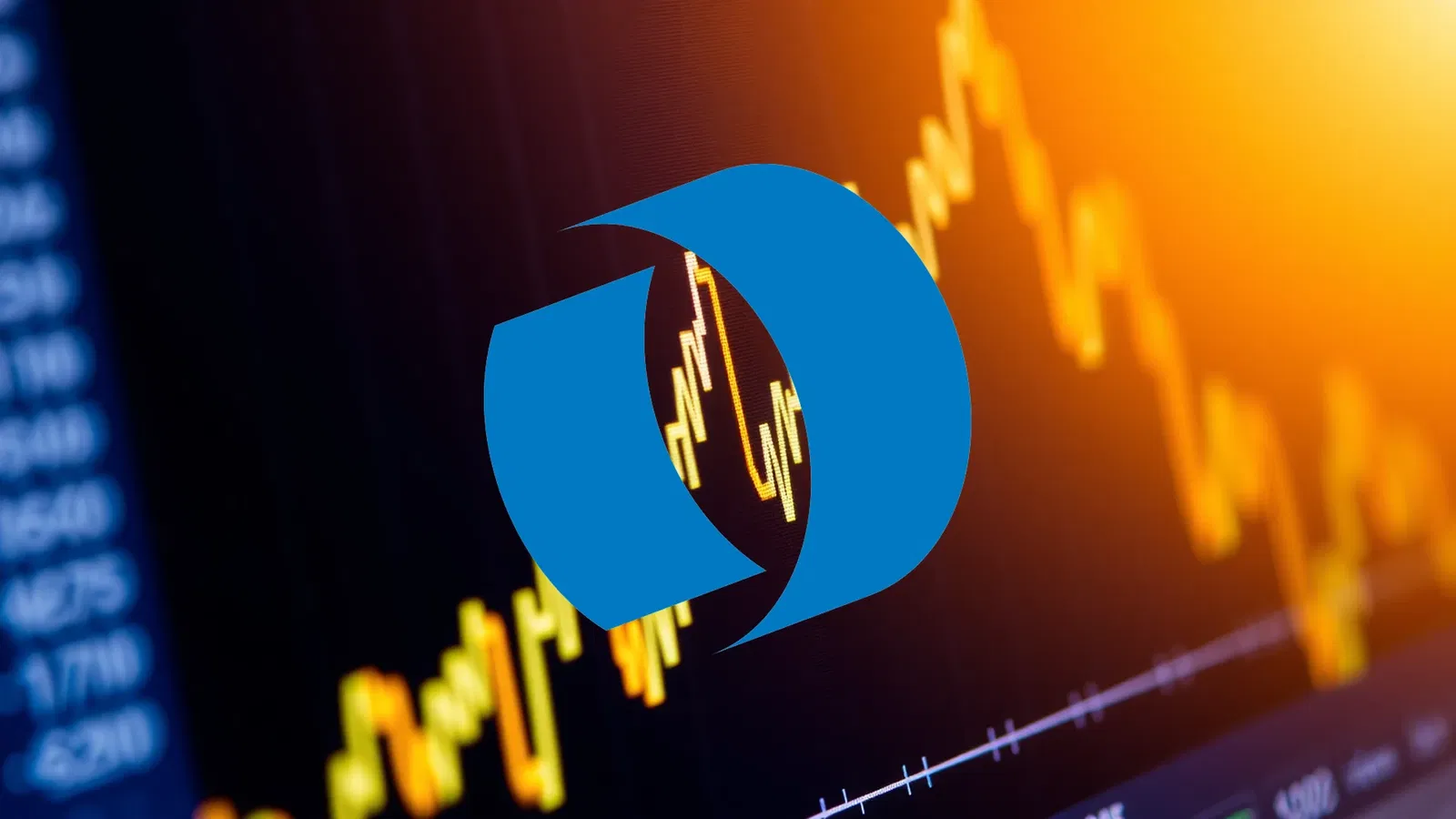BYD, China’s premier electric vehicle manufacturer, is confronting significant market realignments within the country’s rapidly evolving automotive sector. The company faces mounting competitive pressures and the potential reduction of government subsidies, all while accelerating its ambitious international growth strategy.
Global Expansion Gains Momentum
A central pillar of BYD’s strategy involves reducing its reliance on the domestic Chinese market. The company is aggressively pursuing international opportunities, establishing production facilities and forging strategic partnerships across Europe, Southeast Asia, and Latin America. This dual approach—combining direct exports with localized manufacturing—aims to minimize logistical expenses and navigate potential trade barriers more effectively.
Vertical Integration: A Strategic Advantage
The Shenzhen-based conglomerate derives considerable strength from its control over the entire production chain. BYD manufactures all key components in-house, including batteries, electric motors, and control systems. This integrated approach provides distinct competitive benefits through enhanced cost management, consistent quality assurance, and greater resilience within its supply network.
The company’s proprietary Blade Battery technology, utilizing lithium iron phosphate chemistry, represents a particular advantage. Industry observers note this technology offers superior safety profiles, extended longevity, and better cost efficiency compared to conventional lithium-ion battery solutions.
Mounting Challenges in a Crowded Marketplace
Despite its strengths, BYD operates in an increasingly challenging environment. China’s electric vehicle adoption rate continues to climb, raising questions about eventual market saturation. Investors are monitoring several headwinds:
Should investors sell immediately? Or is it worth buying BYD?
- Escalating competition from rivals like Tesla, NIO, and XPeng, alongside established traditional automakers
- Significant pricing pressure from new market entrants
- Potential cuts to crucial government subsidies for electric vehicles
Commodity Price Vulnerability
While vertical integration offers many benefits, BYD remains exposed to volatility in raw material markets. The prices of essential battery components, particularly lithium and cobalt, fluctuate considerably. The company’s ability to manage this ongoing cost volatility remains a critical factor for its profitability.
Technology as the Future Battleground
BYD is making substantial investments in next-generation automotive technologies, including autonomous driving systems and connected vehicle platforms. The company is entering strategic partnerships to bolster its software capabilities—a crucial area where technology-focused competitors are also advancing rapidly.
Its battery division serves both internal requirements and external customers, creating additional economies of scale. Research and development efforts are concentrated on next-generation battery chemistry and achieving improved energy density.
The company’s future trajectory hinges on its capacity to accelerate its global footprint while simultaneously maintaining its technological edge. Upcoming quarterly delivery figures will provide critical insight into whether this electric vehicle pioneer can successfully transform into a dominant global player.
Ad
BYD Stock: Buy or Sell?! New BYD Analysis from February 7 delivers the answer:
The latest BYD figures speak for themselves: Urgent action needed for BYD investors. Is it worth buying or should you sell? Find out what to do now in the current free analysis from February 7.
BYD: Buy or sell? Read more here...









